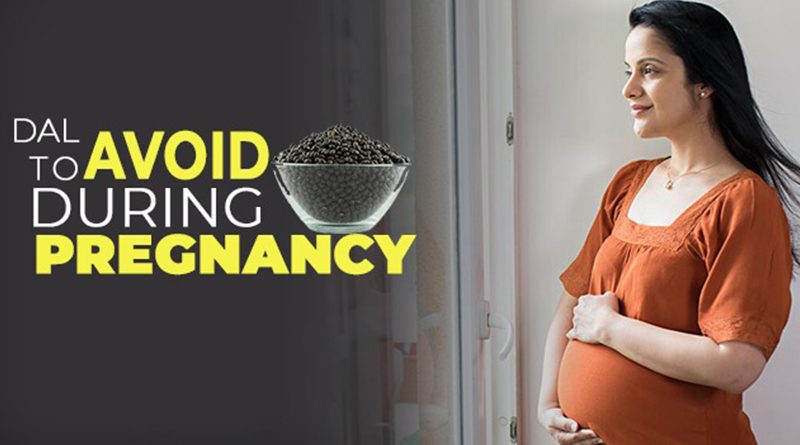Which Dal To Avoid During Pregnancy
Hey, excepting mothers, congratulations.
This blog is about modification in your dietary habits, especially about which dal to avoid during pregnancy. But before you start discussing which dal you should avoid during your pregnancy Healthy Tips4us congratulates you on the new upcoming happiness and responsibilities.
Yes, being a mother is not easy. It needs several modifications, especially in your lifestyle and dietary habits. However, your mother or mother-in-law guides you with almost everything, but still, there is something that you need to consider for your own and your developing baby’s health.
We have already shared some dos and don’t of pregnancy which you can read here by clicking on “Pregnancy- Dos & Don’t of Pregnancy“. But here in this blog, we’ll be discussing which dal to avoid during pregnancy.
Yes, the dal you eat can lead to serval issues. So, you need to know which dal to avoid during pregnancy.
Which Dal To Avoid During Pregnancy- Check Our List
This list can be different because there are no scientific studies to prove this. Below we have mentioned 2 names, which are
- Urad Dal
- Chana Dal
#1. Urad Dal
Although this dal has multiple benefits despite all the advantages, several experts suggest not consuming urad dal during pregnancy. This is because the urad dal increases the uric acid concentration, and a high concentration can lead to various complications.
One of the biggest threats of high uric acid concentrations is that it leads to kidney stones. Besides this, consuming urad dal can also lead to several complications for you and your developing baby. Sometimes high concentrations of uric acid become fatal for the developing baby
Urad dal may contain certain bacteria like E. coli, salmonella and others. However, cooking it up to the boiling point may destroy these bacteria, but if it is not properly cooked, it may lead to complicated issues like pre-term labour, miscarriages, and other service complications related to the newborn. So, if you are searching for which dal to avoid during pregnancy, Ural dal should be on your list. |
#2. Chana Dal
Usually, chana dal is quite nutritious, but people keep ignoring it when it comes to eating chana dal during pregnancy. However, there is no such evidence to prove that the chana dal is dangerous for excepting the mother or developing fetus.
Now, why do people keep saying that the chana dal is not good to consume during pregnancy??? Do you have any idea??
Let’s discuss some of the crucial factor that can be a matter of concern, if you love eating chana dal
In some women, chana dal may lead to an allergic reaction, if she has a kind of allergic reaction history |
These are some reasons our elders suggest avoiding chana dal during pregnancy. Apart from all these issues, chana dal also leads to nausea, itching, and other health condition. So, avoid eating chana dal during pregnancy to keep yourself safe from these issues.
Myth Versus Reality
As we have already discussed, no scientific studies prove that consuming these dals can be dangerous, but people keep avoiding urad dal and chana dal. If you love eating these dal dishes, you should consult your Gynecologist. Consulting your gynaecologist ensures avoiding complications during pregnancy.
Final Verdict
The above mentions dal is not strictly prohibited during pregnancy, but you are suggested to keep some precautions like ensuring your urad dal is washed properly and checking whether your chana dal is cooked properly or not.
Expert says a pregnant lady should consume 2-3 bowls of dal every day, especially during her 2nd trimester. Because dals are full of protein, vitamins, and other nutrients, consuming dal regularly can help develop a healthy fetus.
Healthy Tips4us is dedicated to a healthy pregnancy; thus, here, we share informative articles regarding pregnancy. As a mother, it is your responsibility to keep yourself healthy so that the fetus inside you can grow properly. Thus, consult the best doctors in your area and ask about all your concerns so you can deliver a healthy baby after the gestation period.
We also encourage you to share “Which dal to avoid during pregnancy” among your contact list so that everyone can be aware of this fact.
Some Frequently Asked Question
Which Dal To Avoid During Pregnancy
I am Abhishek Kumar, I have done my master’s in Biotechnology. My most preferred genre of writing is Health, Environment, Entertainment, and sport. I have been writing from the past 4 years about blogs, articles, and web content. I am working as a professional blogger. I enjoy socializing a lot. Apart from all this, I enjoy watching movies, web series, cricket and exploring nature makes me happy.




very useful information. thanks for sharing
nice site with great blogs here.